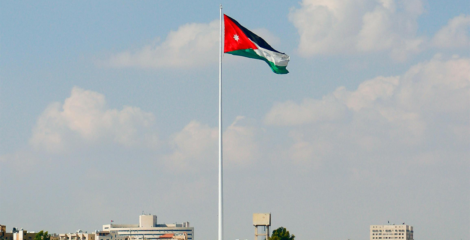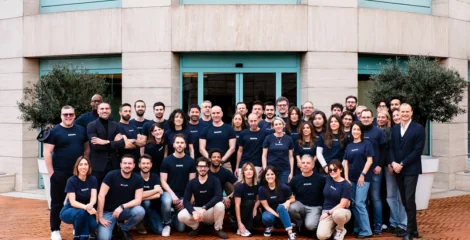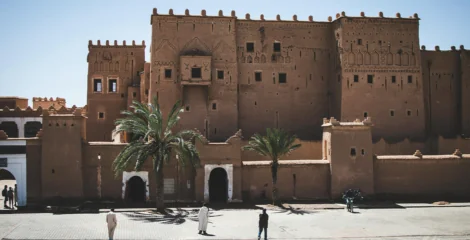– China will urge 50 African nations to boost imports of its goods, such as electric vehicles and solar panels, and offer increased loans and investments, amid impending Western export restrictions.
– Leaders will demand updates on China’s unfulfilled $300 billion goods purchase pledge and progress on infrastructure projects, while China shifts its focus to funding green energy and tech initiatives.
– As China hosts the Forum on China-Africa Co-operation Summit, other global powers, including the US, Britain, Italy, Russia, and South Korea, are also engaging with Africa, highlighting the region’s growing geopolitical significance.
China will press 50 African nations at a Beijing summit this week to increase their uptake of Chinese goods, including electric vehicles and solar panels, as Western restrictions loom. In return, China is expected to offer more loans and investments.
African leaders attending the three-yearly event will demand clarity on China’s previous summit pledge to purchase $300 billion worth of goods and seek updates on ongoing Chinese-funded infrastructure projects, such as a key railway linking East Africa, Reuters reported.
China’s shifting priorities are evident, with a greater focus on funding for solar farms, EV plants, and 5G Wi-Fi, while reducing support for traditional infrastructure like bridges and ports.
Last year, China extended 13 loans totaling $4.2 billion to eight African nations and two regional banks, primarily for hydropower and solar initiatives.
As President Xi Jinping opens the ninth Forum on China-Africa Co-operation Summit on Thursday, he is expected to promote China’s green energy sector to leaders from countries including Gambia, Kenya, Nigeria, South Africa, and Zimbabwe. Delegates from every African state except Eswatini, with which China has no ties, will be present.
In response to China’s dominance, the US and other nations like Britain, Italy, Russia, and South Korea have increased their engagement with Africa. Despite this, China’s significant role as a financial and trade partner makes its summit particularly influential.
Hannah Ryder, founder of Development Reimagined, notes, “There is no other development partner that does that much,” questioning whether African leaders can leverage their position to secure more favorable terms.
If you see something out of place or would like to contribute to this story, check out our Ethics and Policy section.














